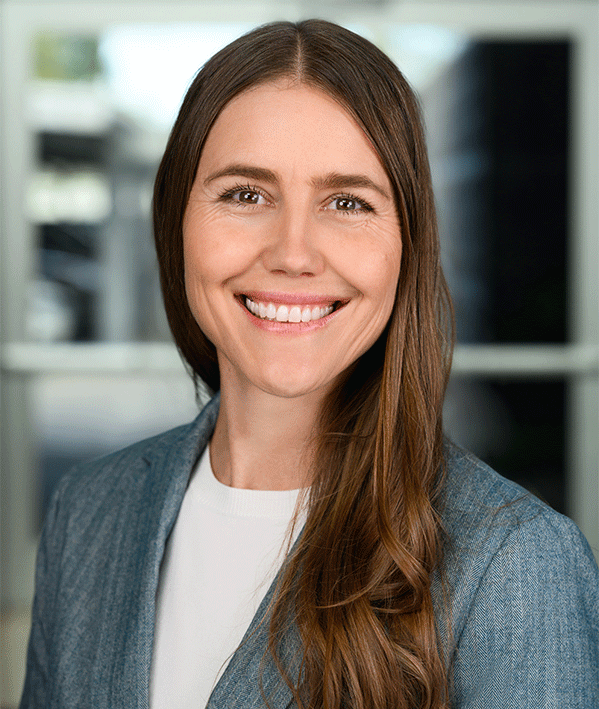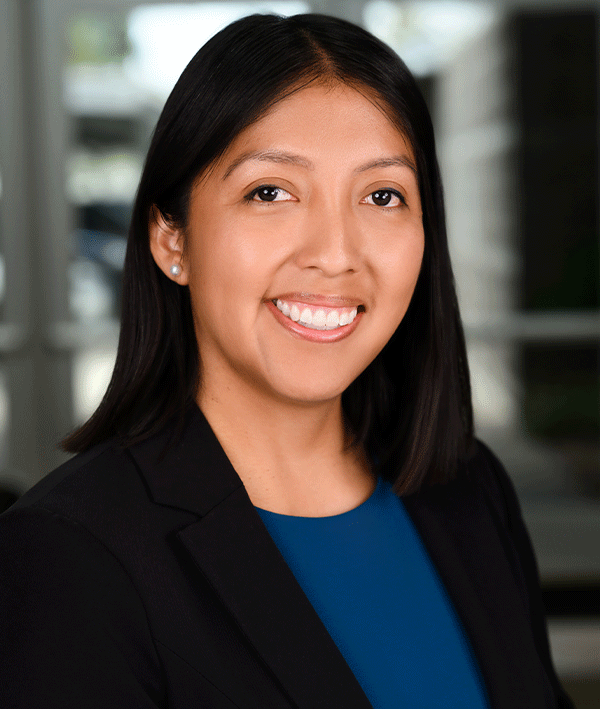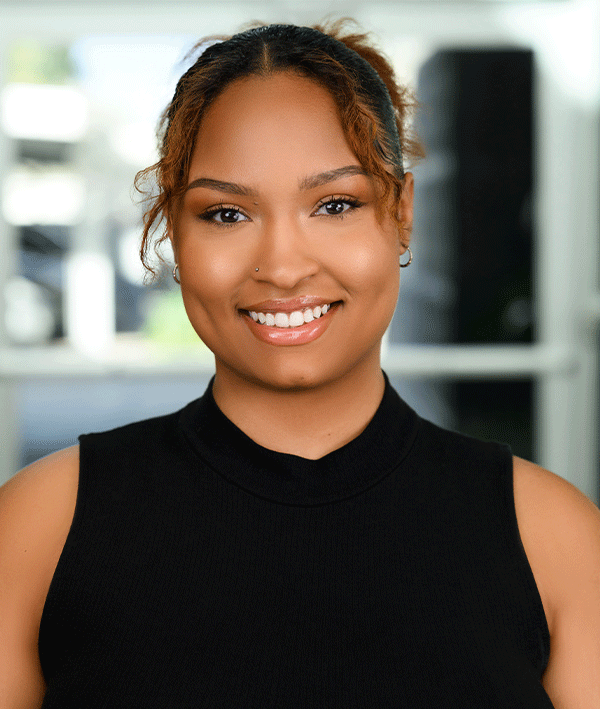On the Road 2011: Day Ten
Each summer the Flinn Scholars Program takes an entire class of Scholars to Budapest, Hungary, and neighboring Slovakia and Serbia for a three-week seminar on the emerging democracies of Eastern Europe. Here’s a day-by-day account.
Nikil Selvam ('10)
Today, like most other days, began with a 6:30 wake-up followed by breakfast at 7:30. Today, unlike those other days, marked our first full day in Pecs and our first interaction with the Roma people.
We took a public bus to get from our hotel to Gandhi High School, the first all-Gypsy school in Hungary and an established site of the Flinn Central European Seminar for years and years. Upon arrival, we received a tour of the canteen and the library before learning more about the school itself.
The Gandhi School was not, as I had initially perceived, an institution that merely sheltered the Roma youth from the larger Hungarian society, but one that strove for and achieved academic excellence. 8 out of the 40 students from the previous year’s graduating class had received scholarships from American universities. Additionally, 45 out of the 190 students currently enrolled in the school were making a trip to Croatia the following week- resembling our own ongoing trek through Central Europe.
We bonded with the students of the school amidst our rendition of "Don’t Stop Believing" and their performance of a traditional Roma song, and then we all came together to sing "Feliz Navidad." Afterwards, we talked to an English class about our experience in Hungary and about cross-cultural influences, including (quite surprisingly) Twilight and Lady Gaga.
By the end, we began to realize that these students- who lived in a completely different society than our own as a discriminated minority- were like us in many ways. Our thoughts of the school and of the students shifted away from nationality and toward similarity, and this development came as a pleasant surprise in the wake of the rather depressing information that we had received about the situation of the Roma people over the past eleven days.
After wandering around the city and getting lunch on our own, we reconvened later for a talk on European Politics by the intelligent and humorous Professor Istvan Tarrosy. The lecture introduced us to Hungarian politics, which is by-and-large very different from its American counterpart (from the large 386-member Parliament to the existence of six major parties).
We learned that the results of the country’s 2010 national election seem to suggest that the country is moving toward extremism as a far right-wing party known as Jobbik, running on an explicit anti-Roma (“Hungary for Hungarians”) platform, received an unprecedented and astonishing 16.67% of the national vote. We also learned that Hungary, though 20 years removed from the situation, is still being held back economically by Communist practices in the sense that people are no longer guaranteed jobs and that they are less like to work hard as a result.
All of this helped remind us of the relative stability of the U.S., where the same political system has been in place for over 200 years and where the political environment doesn’t change quite as radically.
In an interesting way, the day’s activities provided us with insight about Hungary’s most isolated members and (arguably) its most powerful ones too. All in all, the day’s events gave us a better- and much more optimistic- outlook on the Roma people and on American politics in general (at the expense of Hungarian politics, unfortunately).
But alas, we must move on. Tomorrow will bring the highly anticipated Roma village visit and the Flinn Foundation’s first ever venture into Serbia.




